Although I am sure Saurabh's answer will work for most other people, I did want to identify the extra steps I had to take in order to get my apk installed.
I tried pushing to the device with the following result:
? adb push AppClient.TestOnly.App3.apk \tmp\
failed to copy 'AppClient.TestOnly.App3.apk' to '\tmp\': Read-only file system
After looking around to change the filesystem RW permissions I ended up executing the following commands:
? adb shell
255|shell@android:/ $ su
shell@android:/ # mount -o remount,rw /
mount -o remount,rw /
I got this when I tried to push again:
? adb push AppClient.TestOnly.App3.apk /tmp
failed to copy 'AppClient.TestOnly.App3.apk' to '/tmp': Permission denied
I was able to push to the sdcard:
? adb push AppClient.TestOnly.App3.apk /sdcard/
3178 KB/s (99747 bytes in 0.030s)
At which point I was able to execute Saurabh's command:
shell@android:/ # pm install -t /sdcard/AppClient.TestOnly.App3.apk
pm install -t /sdcard/AppClient.TestOnly.App3.apk
pkg: /sdcard/AppClient.TestOnly.App3.apk
Success




